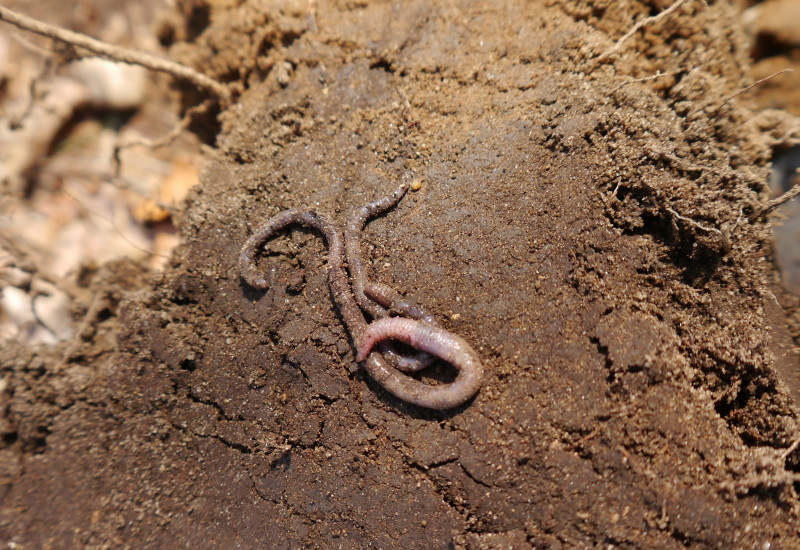Average per capita land use in Germany for residential purposes alone amounted to 47 square meters in 2011 – a figure that is likely to rise. At the same time, new construction on greenfield land is on the rise, while increasing numbers of apartment buildings, other structures, and lots stand empty. In our view, this overdevelopment should be curbed, and land should be used sparingly. read more
Your search for "energy transition" resulted in 9 hits:
The Federal Environment Agency Soil Protection Commission
Soil protection continues to be treated as the stepchild of environmental politics. This is not just, for soils and their many interconnections to water, air and the climate as well as providing the site for foods and feedstuffs play a crucial role at the heart of precautionary environmental politics. To support the Federal Environment Agency (UBA) in the area of soil protection, Prof. Dr. And... read more
International Workshop, Kampala, Uganda – September 2017
Experts from all over the world discussed the requirements for the protection and sustainable management of soils in Africa and worldwide during the workshop “Legal instruments for the effective protection and sustainable management of soils”. read more
Soil functions
Soil carries out myriad functions that are free of charge and extremely powerful, and that are what make soil so valuable not only to us but also to natural flora and fauna. Clean water and healthy food are only obtainable if our soils are healthy too. And while the soil supports myriad functions, it also needs stewardship. read more
Soil loss by water erosion
Uncovered soils are exposed unprotected to the energy of water during heavy and prolonged rainfall. The water transports the soil irretrievably downhill. As a result, fertile soil is lost, and therefore the yielding capacity on arable land. In addition, the eroded material and the absorbed nutrients and pollutants can pollute neighboring water bodies. read more
Soil biodiversity loss
The world’s soils are neither barren nor dead, for they constitute the habitats of one trillion times more bacteria than there are stars in the universe. Even a mere teaspoon of soil contains a million bacteria, 120,000 fungi and 25,000 algae. These microscopic organisms perform key material-cycle functions. read more
Large scale projects under the administrative agreement
Large scale projects at a glance read more



